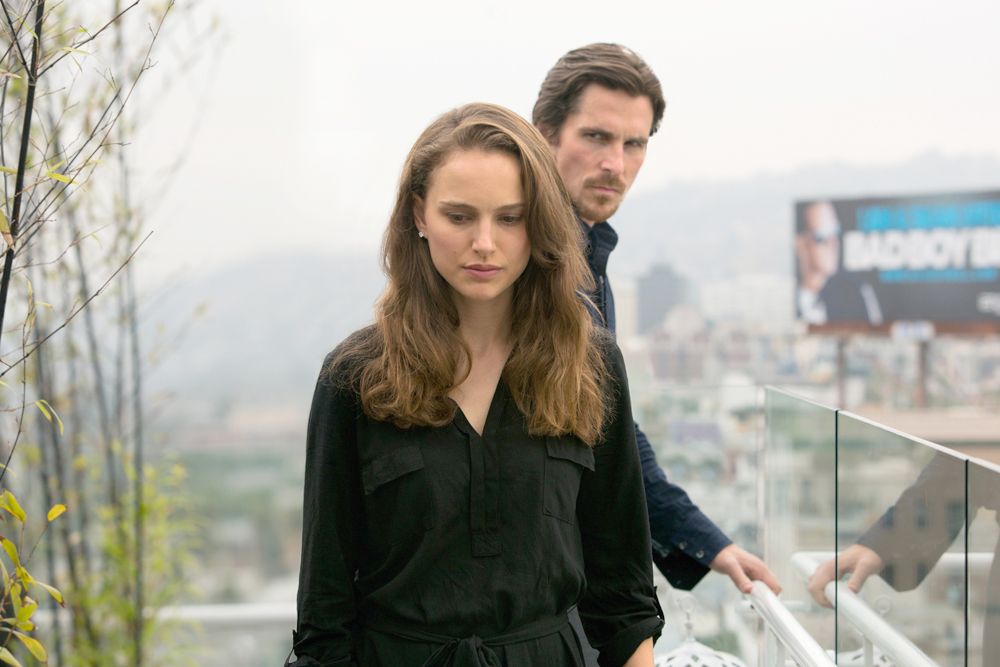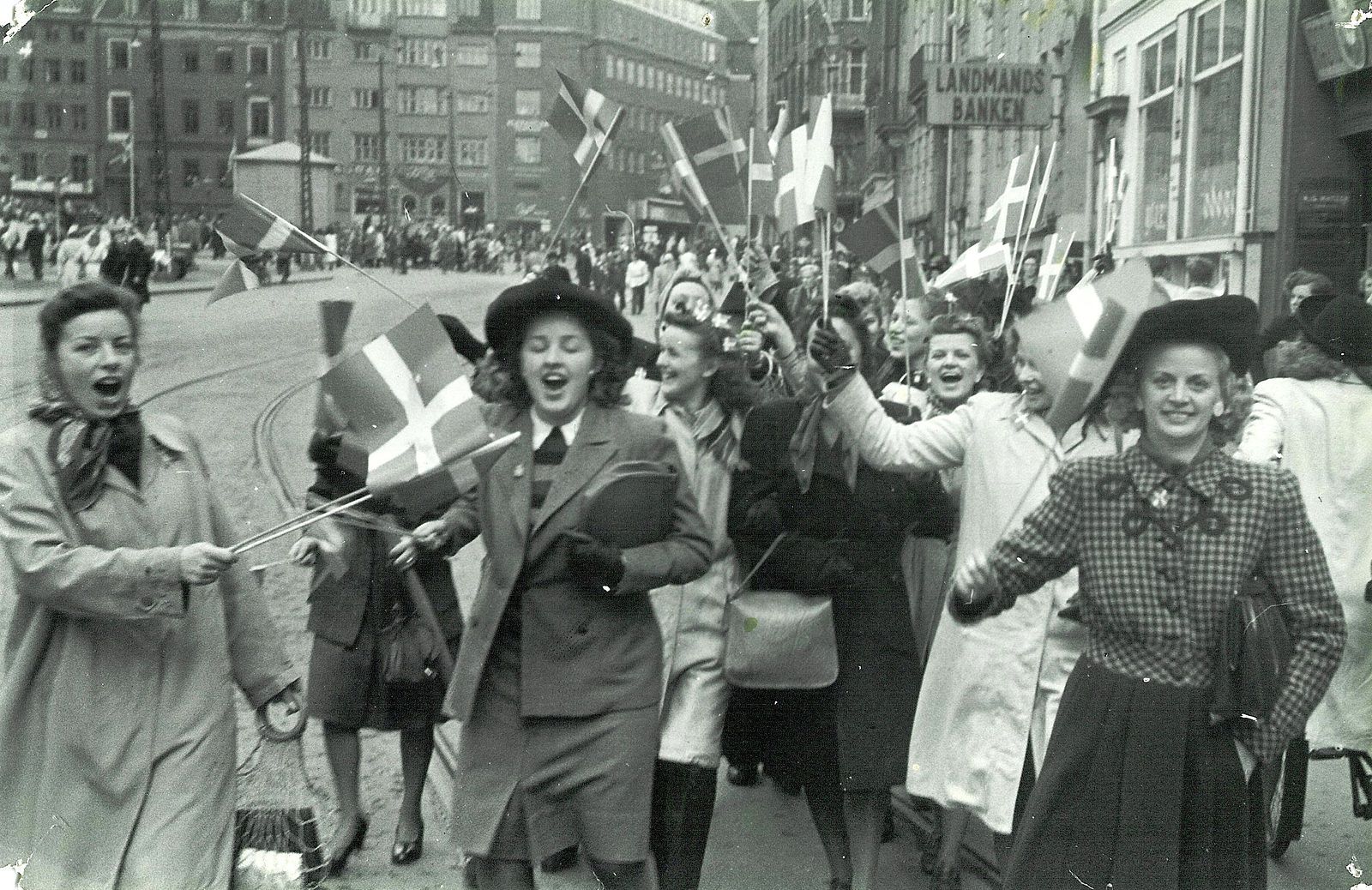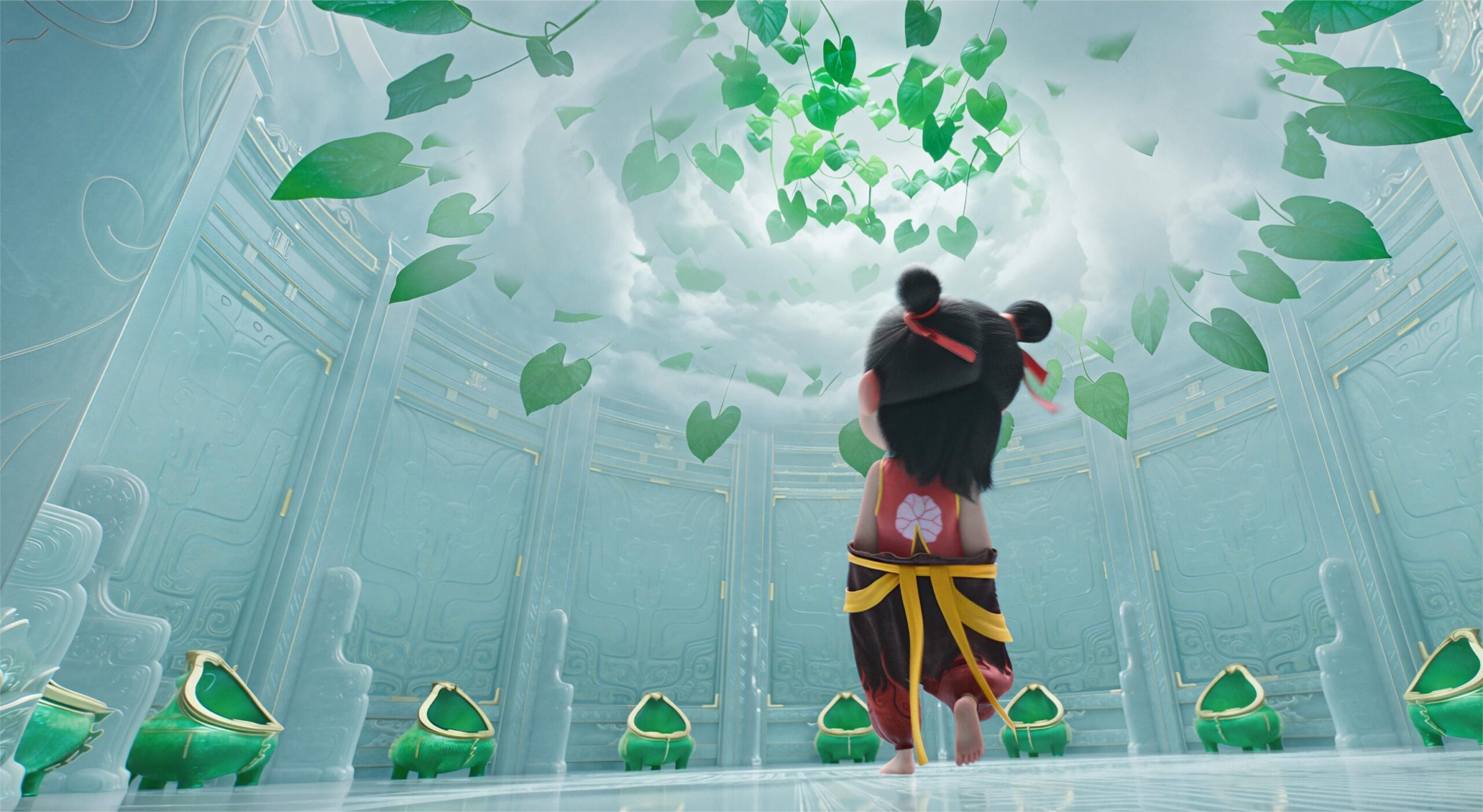After 20 years in the wilderness, between his second and third films, Malick rediscovered his mojo – so much so that he has now become prolific, making five films in as many years (two are listed as being in post-production).
The Hermit
Knight of Cups employs the same fluid camera and dreamlike, nostalgic atmosphere that characterise his last two films. Just like Ben Affleck in To The Wonder, its protagonist Christian Bale wanders the frame, often appearing lost and saying very little (except in voiceover) – acting, essentially, as a vessel for the viewer through which to experience Malick’s intimate study of this man’s emotional state throughout a succession of relationships, both romantic and familial.
With a tarot card-inspired structure that informs the narrative and provides headings for each ‘chapter’ of the film, Sir Ben Kingsley performs a voiceover, telling of a king who sent forth his son from the east to the west, to Egypt, to find a pearl. The son became distracted in his journey, soon forgetting about the pearl entirely. The pearl, in this context, is a motivator – the ultimate goal of happiness or inner peace.
The Fool?
At times, with whispered dialogue laid over the endless visual metaphors and humourless faces of Hollywood A-listers embracing each other, Malick veers perilously close to a cinematic language we associate most closely with a perfume commercial. In doing so, he becomes not only an easy target for those seeking to ridicule him but for those who would question his relevance. And yet, if this is pretension, what is he pretending?
Rather, I’d be more inclined to follow Malick and see where he takes us, as it’s normally a journey that is both textural and transportive.
The Hanged Man?
This might well be the least interesting work of his new direction – the seeds of which were sown as early as his second film, Days Of Heaven, and began in earnest with Tree Of Life.
Nevertheless, it is precisely films like this one that challenge conventional modes of criticism because Malick’s film is an unfiltered singular vision – for want of a better word, art – more so than any other film you are likely to find in a cinema this year. For that reason, subjectively critiquing films that, themselves, are intensely subjective seems like a good point of departure for critic and film.
But while Knight Of Cups fails to chime with me to the same degree that Tree Of Life or To The Wonder did, there is little to suggest others in the audience will not find something infinitely more meaningful in it.
However you feel about Malick, there is a sincerity with which he is forging these new works: that their apparently dogged refusal (beyond casting) to pander to any recognisable demographic is trumped only by a pure desire to simply communicate human and cosmic truths as Malick perceives them.
The Lovers
Perhaps, given the renewed frequency with which he is now making films, his mission has become more urgent, especially as he approaches his 73rd year.
In any case, there are few filmmakers who can make a film that feels, even for a fleeting moment, like a religious experience – and I, for one, remain a devout disciple of the Church of Malick in spite of the occasional urge to snigger during the sermon.













